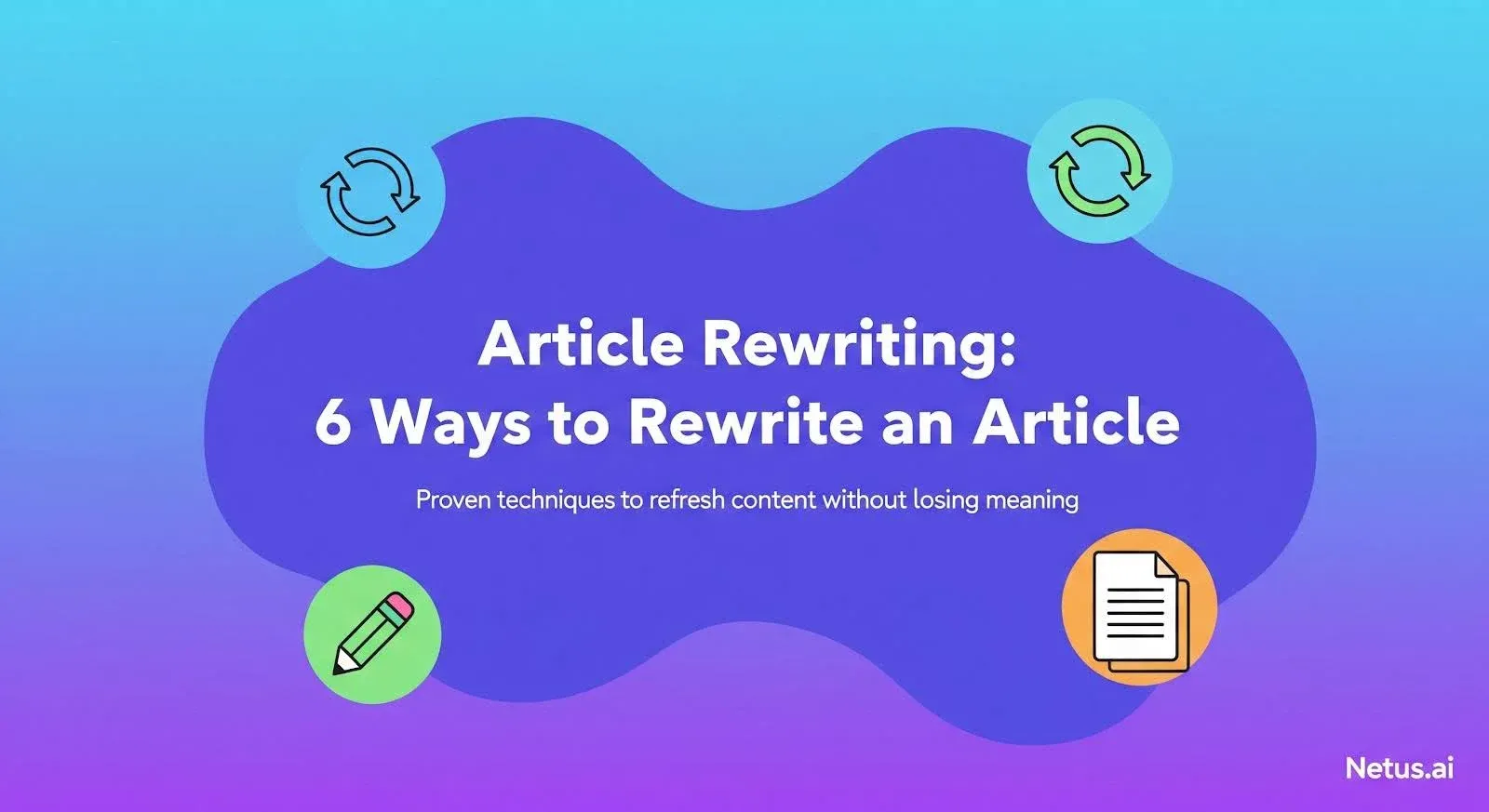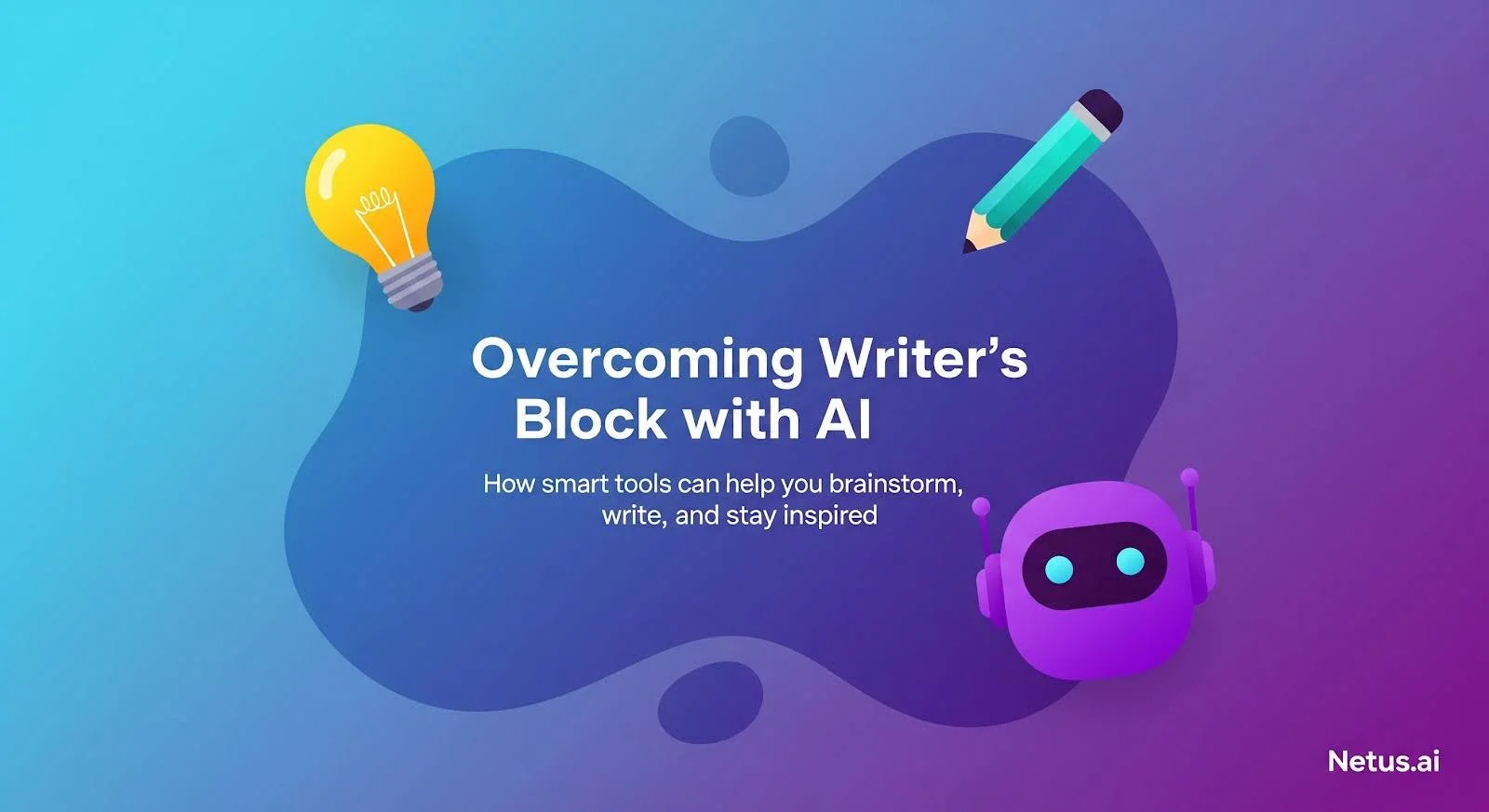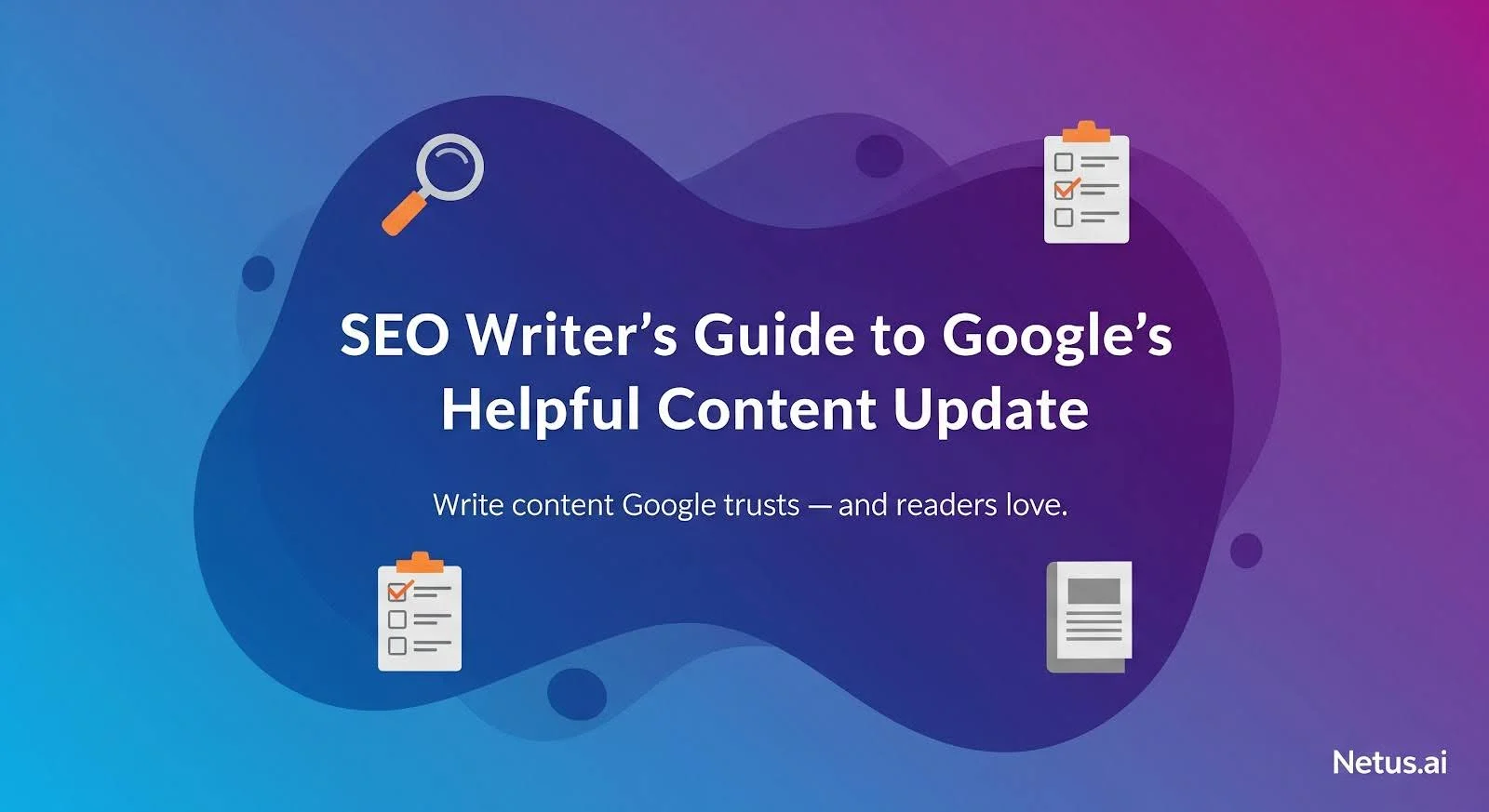Table of Contents
How Does Ghostwriting Work. Ghostwriters are professionals who create various forms of content for clients, ranging from articles and books to speeches and email newsletters, often without receiving direct credit for their work. These writers cater to clients such as entrepreneurs, lawyers, and CEOs, who may lack the time or skills to generate unique content themselves. Ghostwriting can be a lucrative career, with many writers positively impacting small businesses and startups through the creation of engaging and compelling content.
In the competitive world of content creation, ghostwriting offers a unique opportunity to earn a living by providing high-quality writing services to a diverse range of clients. However, it is essential for ghostwriters to maintain their professional integrity by avoiding low-paying or exploitative projects and remaining mindful of the importance of their work in promoting businesses and ideas.
Key Takeaways
- Ghostwriting involves creating content for clients without receiving direct credit
- Professionals from various industries turn to ghostwriters for their content needs
- Ghostwriting can be a profitable and impactful career if approached with integrity
Is Hiring a Ghostwriter Helpful?
Hiring a ghostwriter offers numerous advantages. These professionals work as writers, researchers, and, in some cases, publishers and agents. Clients can focus on promoting their content while leaving the writing and research to the ghostwriter. A reputable ghostwriter maintains regular communication with clients, fostering a positive relationship and ensuring the compatibility of content with the client’s vision.
For public figures, CEOs, celebrities, and business owners, ghostwriters help preserve personal brand and confidentiality. However, it’s essential to establish clear agreements regarding costs and bylines to avoid misunderstandings in the collaboration.
Skills Required for Ghostwriting
Ghostwriting not only requires proficiency in writing but also a range of skillsets to excel in this field. Some essential abilities include:
- Adaptability: Ghostwriters must be flexible, adjusting their writing style to align with the client’s vision and voice.
- Collaboration: Unlike independent freelance writers, ghostwriters need to effectively collaborate with clients and other team members.
- Empathy: Essential for capturing the client’s perspective, ghostwriters must immerse themselves in the client’s experiences.
- Communication skills: To convey the message effectively, professional ghostwriters require strong communication abilities.
- Speed and proficiency: Delivering high-quality work within deadlines is crucial to satisfy clients and build a network for potential referrals.
- Continuous improvement: Ghostwriters should strive to enhance their expertise and writing skills over time, benefiting both their careers and client relationships.
Steps to Follow to Be a Profitable Ghostwriter
- Start as a freelance writer: Establish your credibility by working as a freelance writer before offering ghostwriting services. This helps attract ideal clients and identifies niche topics to focus on.
- Explore freelance editing opportunities: Editing books can be a gateway to ghostwriting services. Some clients include editors’ names alongside authors, so developing editing skills may pave the way for ghostwriting projects.
- Get comfortable with large projects: Ghostwriters who handle books enjoy lucrative opportunities, especially when writing memoirs for professionals, such as attorneys and financial advisors. While also focusing on creating engaging content, remember that ghostwriters are paid for writing, not promoting books.
- Gain experience by writing a book or two: Freelance writers with book-writing experience may have a competitive edge. Keep honing your skills, as book writing presents unique challenges compared to article writing.
- Acquire the ability to write in someone else’s voice: Ghostwriting requires adopting someone else’s writing style and technique. Being empathetic to clients’ needs and following provided guidelines are key factors in writing successful material.
- Develop interviewing and storytelling skills: Enhancing your storytelling abilities and being able to conduct effective interviews with your clients will help you capture their voice and experiences in the writing project.
- Create a diverse portfolio: Showcase your talent through a portfolio that includes a range of writing samples, such as articles, briefs, and book proposals, to effectively demonstrate your abilities as a ghostwriter.
- Network and apply for freelance writing jobs: Actively seek out freelance writing networks, continue applying for projects, and take every opportunity to improve your writing career. As you build connections and demonstrate your skillset, potential co-writer or ghostwriter opportunities may arise.
Following these steps can lead to a profitable and fulfilling career in ghostwriting, allowing you to craft interesting stories while maintaining a confident, knowledgeable, and clear tone of voice.
Types of Ghostwriting Opportunities
Essential Information for Ghostwriting Beginners
In the realm of ghostwriting, catering to the clients’ needs is crucial. Aspiring ghostwriters should familiarize themselves with the publishing industry, including genres, target markets, and diverse writing styles. Successful ghostwriters often possess skills as agents, authors, publishers, and editors.
A strong portfolio is essential for landing ghostwriting jobs. While having a degree in Journalism or English can be beneficial, practical experience often carries more weight. Networking is also vital for building a thriving career in ghostwriting. To demonstrate their skills, beginners can consider writing op-ed pieces or creating blog posts.
Various ghostwriting jobs include:
- E-book creation
- Fiction writing
- Ghostwriting for rap and song lyrics
- Speechwriting
These opportunities allow ghostwriters to work on a diverse range of projects such as autobiographies, memoirs, biography, nonfiction books, self-help books, business books, and even celebrity memoirs, like Prince Harry’s recent collaboration. Ghostwriting services can also extend to creating content for blogs, social media, guest posts, and white papers.
Copyleaks and the Ghostwriting Process
In this digital era, writers, including ghostwriters, rely heavily on online materials for gathering resources. Plagiarism is a serious concern for ghostwriters as they must be cautious about word choice and create unique sentence structures. Borrowing ideas from published materials may damage their reputation and lead to contract suspensions.
Among the numerous anti-plagiarism tools available, Copyleaks is a reputable plagiarism scanner that uses advanced Machine Learning and A.I.-based algorithms to generate comprehensive plagiarism reports. By using Copyleaks, ghostwriters can ensure they produce completely original content.
Key Points to Remember
Ghostwriters work on behalf of individuals while maintaining confidentiality. Whether a seasoned writer or a beginner, they can thrive in this lucrative career. To succeed, ghostwriters need to exhibit traits such as self-discipline, empathy, humility, experience, curiosity and treat themselves as a business.
Frequently Asked Questions
What duties does a ghostwriter have during the writing process?
A ghostwriter is responsible for creating written content on behalf of someone else, capturing the client’s voice and style while remaining anonymous. This includes researching, writing, editing, and revising the content to ensure it aligns with the client’s expectations and requirements.
What initial steps should someone take to become a ghostwriter?
To become a ghostwriter, one should start by developing their writing skills, understanding various writing styles, and becoming familiar with the subject matter they wish to specialize in. Building a portfolio of writing samples and networking with potential clients are essential steps to start a successful ghostwriting career. It’s also helpful to join ghostwriting communities or forums for support and advice on entering the industry.
How is a ghostwriter paid for their work?
Ghostwriters are generally compensated through monetary means, with payment structures varying from project-based fees, hourly rates, or even royalties in some cases. Ghostwriting tends to pay better than regular freelancing, as the writer does not receive public credit for their work.
When is ghostwriting considered ethical and under what conditions?
Ghostwriting is considered ethical as long as both the ghostwriter and the client agree on the terms of the relationship, and the work is original and does not infringe upon anyone else’s rights. In many cases, like with celebrity memoirs or collaborative projects, ghostwriting is openly acknowledged and even expected.
What types of projects can ghostwriters anticipate when starting out?
When starting out, ghostwriters can expect to work on various projects, such as blog posts, articles, e-books, speeches, or biographies. As their experience and reputation grow, they may specialize in specific niches or types of content, increasing their chances of getting more lucrative and high-profile projects.
Can ghostwriters receive acknowledgment for their work?
Typically, ghostwriters do not receive public credit for their work, as the client is the one who claims authorship. However, some clients might agree to give the ghostwriter a co-author credit, an acknowledgment in the book or content, or permission to use the work as a portfolio sample. This is usually negotiated as part of the contractual terms between the ghostwriter and the client.



